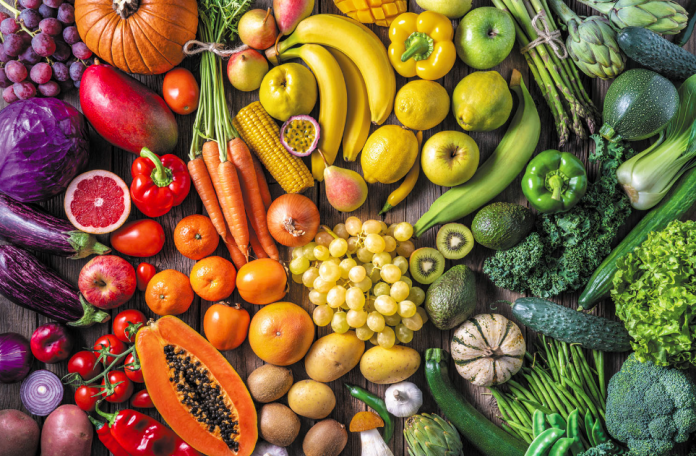News in brief: Vertical gardens attached to buildings could significantly enhance urban food production in Africa, producing significantly higher yields than conventional soil-based agriculture.
A new research suggests that cultivating traditional African vegetables on vertical gardens attached to buildings could significantly enhance urban food production and address food security challenges.
The study, published in the journal Urban Agriculture & Regional Food Systems, has shed light on the potential of vertical gardens to address urban food insecurity in Africa. Landscape architect Karen Botes led the research project with a focus on seven indigenous African vegetables: creeping foxglove, Indian borage, jute plant, pink ribbons, water mint, dwarf elephant’s food, and black-eyed pea.
The team selected the vegetables for their nutritional value, adaptability to vertical growing systems, and cultural significance in African cuisine.
They compared the yield of these vegetables grown on vertical gardens to that of conventional soil-based agriculture. The findings revealed that vertical gardens produced significantly higher yields per square meter of land, demonstrating their potential to maximise food production in space-constrained urban environments.
In addition to enhancing food production, vertical gardens offer several other advantages for urban agriculture. They can be established on unused walls and rooftops, utilizing vertical space that would otherwise remain unproductive. Vertical gardens also provide insulation, reducing heat absorption by buildings and contributing to energy conservation.
Moreover, vertical gardens can improve air quality by absorbing carbon dioxide and releasing oxygen. They also offer aesthetic benefits, beautifying urban landscapes and creating green spaces in densely populated areas.
The study’s findings highlight the potential of vertical gardens to contribute to food security and sustainable urban development in Africa.



